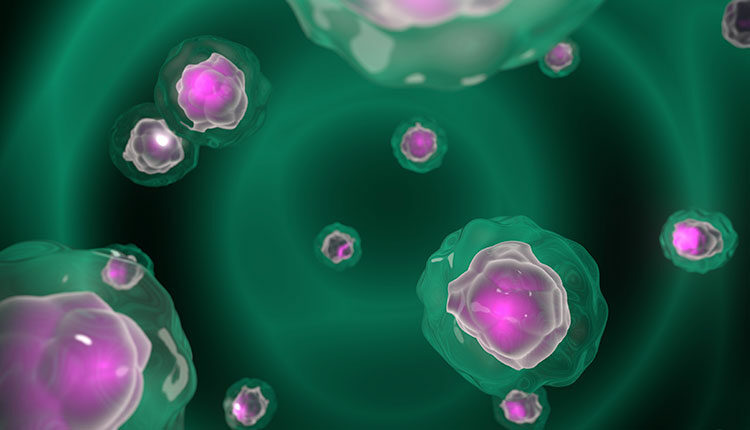 Punnarong Lotulit / iStock / Getty Images Plus
Punnarong Lotulit / iStock / Getty Images Plus
New Funding Fuels Regenerative Therapy Research
Innovative solutions to common oral health problems may be on the way with regenerative therapies.
The United States National Institute of Dental and Craniofacial Research (NIDCR) recently awarded more than $31 million to the Michigan-Pittsburgh-Wyss Regenerative Medicine (MPWRM) Resource Center. The funds are earmarked for the study of regenerative dental, oral, and craniofacial research and their transformation into regenerative therapies. Such therapies are designed to improve patient care by providing tangible solutions to clinical problems via regeneration or restoration of human cells or tissues.1
Founded in 2017, the MPWRM Resource Center provides resources for training, research, and translational projects in the field. The term, “translational” refers to the transference of basic research into actual therapies that can be used to treat patients. To accomplish this, interdisciplinary teams of technical, clinical, engineering, regulatory, and commercial translation experts collaborate to see projects through from concept to approval by the US Food and Drug Administration.
CUTTING-EDGE PROJECTS
To date, the MPWRM Resource Center has supported 19 projects that focus on regenerative therapies including use of dental, oral, and craniofacial tissues; biologics; drug delivery; cellular therapies; and medical devices. The kinds of projects funded by the NIDCR monies range from the development of technologies designed to address temporomandibular joint (TMJ) disorder to strategies involving the modulation of immune response aimed at treating periodontal diseases.
For example, at the University of Pittsburgh’s Center for Craniofacial Research one of the MPWRM’s principal investigators, Alejandro Almarza, PhD, has developed a technology that uses an extracellular matrix (ECM) scaffold as a device for TMJ reconstruction and disc repair. This would provide a patient-specific meniscus replacement for the joint, in lieu of current therapies that use implants and grafts, whose long-term outcomes are uncertain. Unlike implants and grafting, the ECM scaffolds can transform into cartilage tissue, exhibiting properties similar to the actual disc.
In another project, immunomodulatory strategies are being developed to treat periodontal diseases. In an effort to reduce reliance on antibiotics to treat periodontitis, researchers, led by Charles Sfeir, DDS, PhD, and Steven Little, PhD, at the University of Pittsburgh’s Department of Chemical and Petroleum Engineering, have developed controlled release systems that repair immune dysfunction. Such a condition can lead to the kinds of degeneration seen in periodontitis, which can result in defects and even destruction of the alveolar bone. By using reparative proteins and cells already found in the body, such systems reduce inflammation and tissue destruction, while promoting tissue regeneration.
PROMISING THERAPIES
The NIDCR’s mission is to use research and to share research findings with the public and healthcare professionals to improve dental, oral, and craniofacial health. To that end, the agency supports scientific training and research projects conducted by scientists using the latest molecular and genetic tools. Other areas of interest are oral cancer, chronic pain, infectious oral diseases, issues concerning salivary gland function, craniofacial disorders, tissue engineering, and the relationship between overall well-being and oral health.
With the emergence of new strategies, the hope is to improve patient care and effect long-term benefits through innovative solutions to previously unmet clinical needs in dental, oral, and craniofacial medicine.
Reference
1. Tuzmen C. Michigan-Pittsburgh-Wyss Regenerative Medicine (MPWRM) Resource Center receives more than $31 million in federal funding to transform dental, oral, and craniofacial research into regenerative therapies. Available here.

